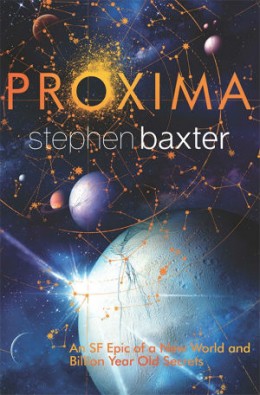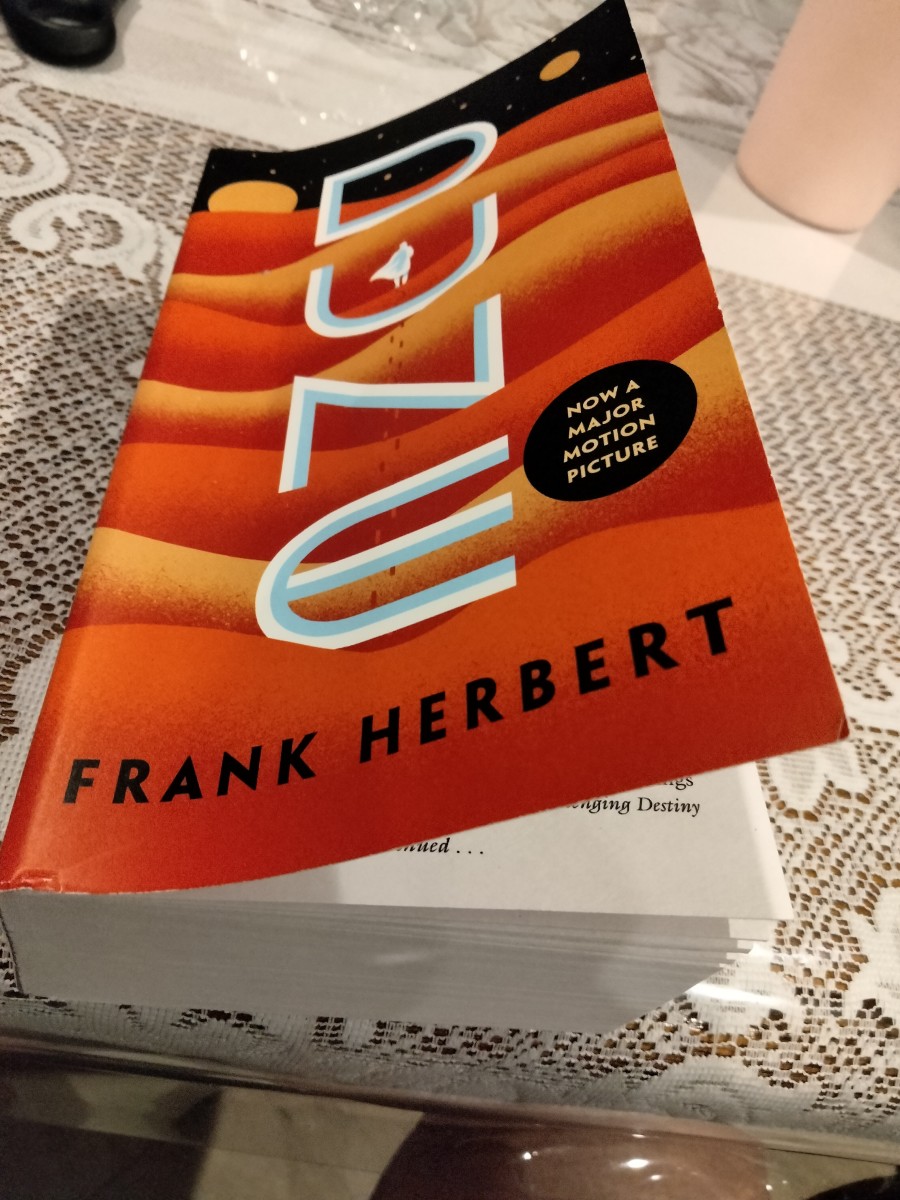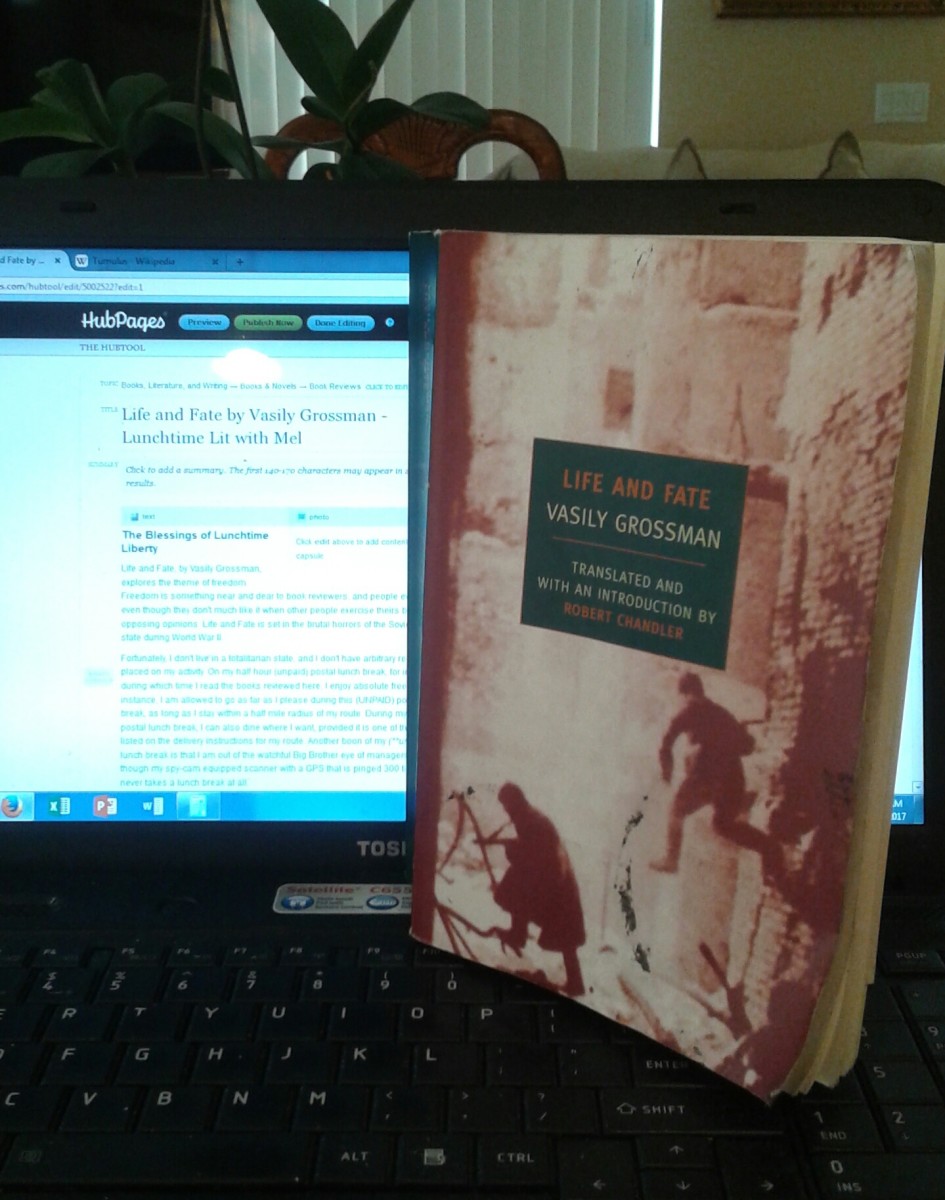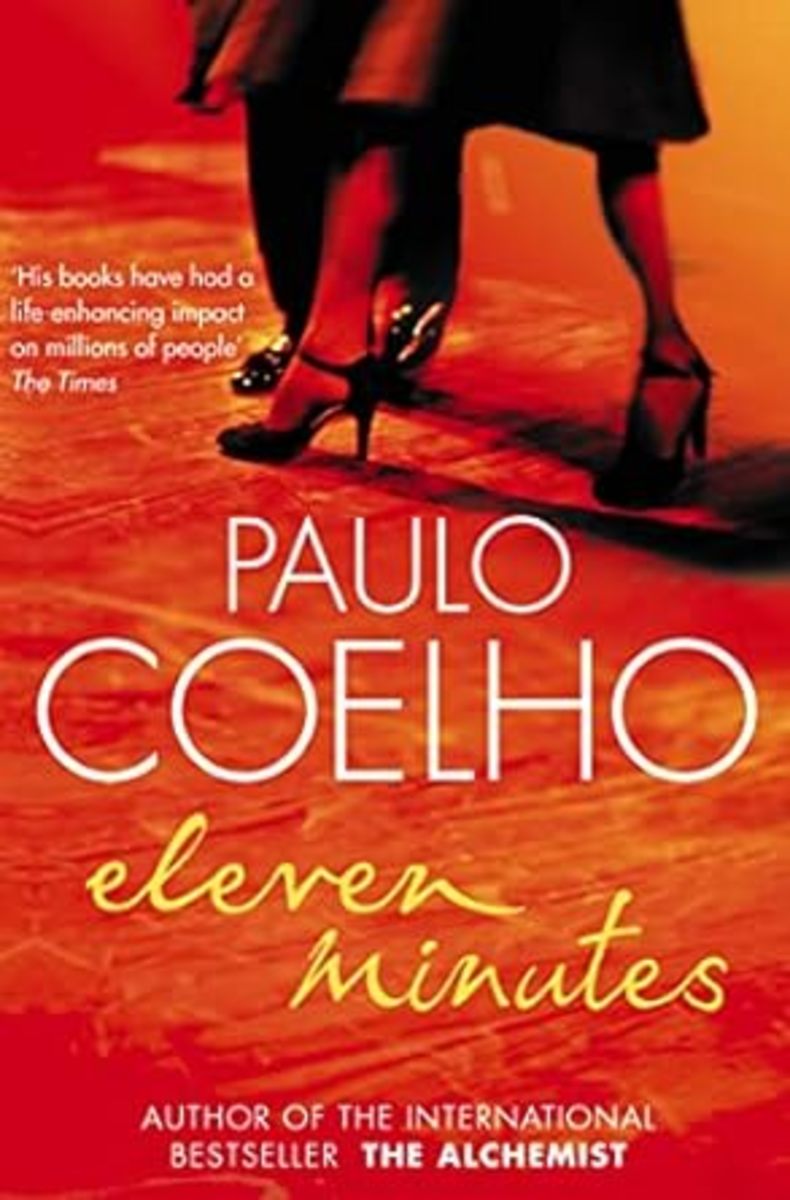Book Review: "Proxima", by Stephen Baxter

In the distant future, the human race has made its successful transition into space. While colonies now exist on many of the planets in our solar system, though, long range travel to other stars still seems to be beyond us. Earth, itself, has been roughly carved between two dominant powers—China and the United Nations, who have also gone on to become to the two dominant governments of the solar system. So far, though, neither has been able to achieve any sort of significant advantage over the other.
However, this all changes when a team of UN scientists make a significant discovery on Mercury. Strange objects which, many feel, can only be of alien origin are discovered deep below ground. These objects, called kernels by the scientists who discovered them, prove to be an energy source well beyond anything that the human race has been able to come up with. These kernels are, naturally, quickly put to use—allowing for much more efficient space travel than anything that had previously been possible
It is a discovery which promises to finally break the technological stalemate that has long existed between the United Nations and China. However, it is also one which threatens the tentative peace imposed by that very same stalemate. Quite understandable, China wants access to this new discovery. Perhaps just as understandably, the United Nations is reluctant to share.

Of course, none of this matters to the passengers of a kernel-powered ship launched on a hastily cobbled together mission to claim a newly discovered planet in orbit around a distant star. For these colonists, scooped up and press-ganged into taking part in the mission against their will, their only real concern is how they could possibly survive on an alien world with little in the way of resources, and no actual support from home. At the centre of this are Mardina Jones and Yuri Eden, two people who want nothing to do with each other—but, who are forced to depend on each other as the entire experiment seems to fall apart around them.
There is quite a bit about Proxima that I found genuinely fascinating. The alien planet which serves as the setting for much of the novel, labelled Per Adua by its unwilling colonists, is a place which seems familiar, at a glance—but, which also feels very alien to those who find themselves stranded there. Tidally locked in orbit around its own star, Per Adua is a place where the sun never rises or sets, leaving the colonists to toil beneath unending daylight. It is also home to its own strange forms of life, which the colonists will have to grow accustomed to. All of this is explored with an impressive level of detail—and, there is clear evidence here that Stephen Baxter seems to genuinely enjoy this sort of imaginative exercise. More importantly, though, he is also clearly, very good at it. As increasingly strange as Per Adua proves to be, it is presented to the reader in way that feels entirely convincing.
At the same time, the gradual process of scientific discovery, and the growing political tension, taking place back in our own solar system are not ignored. And, as the novel progresses, each of these seemingly unrelated threads is gradually drawn together in some surprising ways.
But, as fascinating as it all is, there are also problems here which made the process of reading Proxima something of a challenge for me—and, not necessarily in a good way.
While, the casual attitude that Stephen Baxter takes toward the passage of time certainly keeps things moving forward, it can also be horribly distracting. It is, for example, not at all uncommon for years to pass between one chapter and the next—or, for a period of a few years to be skimmed over with little more than a sentence of explanation. Admittedly, these sudden jumps are necessary—after all, the story of the early day-to-day struggles of unwilling colonists dumped on a strange world may be interesting, in its own right, but it clearly isn't the story that Stephen Baxter wanted to tell. However, they also bring an unavoidable problem. So much assumed character development happens, essentially, 'off-camera' that I was often left feeling confused—almost as though I needed to be constantly reintroduced to the novel's cast of characters.
Side characters clearly suffer the most from this—with the biggest victim probably being Beth, the daughter that Yuri and Mardina awkwardly force themselves to have in their early years on Per Adua. From one appearance to the next, she goes from being a baby, to a young girl, to a teenager, to a young adult—and, in her last appearance in the novel, she is a woman just over 30 years old. But, apart from the fact that she is apparently attractive enough to draw leers from many of the male characters she encounters, and the fact that she was given some tribal-inspired tattoos at some point in her life, we never really learn anything about her.
But, even central characters like Yuri, himself, suffer from the constant time jumps. I had a very hard time keeping track of how old Yuri was supposed to be from one chapter to the next, for one thing. And, keeping tabs on how he had changed and evolved as a person over the years was practically impossible—since I was never given all that strong an idea of who he was to begin with.
It is clear that we are meant to be fascinated by Yuri, though—and, all the pieces are there for an interesting and mysterious protagonist. A refugee from the so-called 'Heroic Generation', Yuri had spent 60 years in cryogenic suspension—coming out the other end only to find himself in a world angry at the drastic measures his own generation took in its desire to counter the effects of global warming, and surrounded by people eager to condemn him for it. The one thing that we are told about him, early on, is that Yuri isn't actually his real name—and, whenever it is brought up, his real identity is treated like some closely held secret. It is clear from the start that the reader is meant to want to know who this man actually is. The problem, though, is that I was never entirely convinced that any revelations about Yuri would actually amount to anything. The man, himself, just wasn't all that interesting.
To make matters worse, I also struggled a little with the way that Stephen Baxter writes dialogue. So much of it came across as stilted and unnatural—and, his characters are very prone to launching into awkwardly written speeches meant to bring the reader up to speed. Obviously, there is always a need to quickly give the reader the information they need to understand the story (and, the 'info-dump', in which one character explains something to another, has a long and proud tradition)—so, it probably isn't fair to condemn Stephen Baxter for doing the same thing that so many other authors have done. But, I still found myself wishing that he could have found some other way to get his point across.
I feel like I'm being a bit too hard on the novel, here. Admittedly, some of my issues with the novel are, in large part, a result of my own personal bias. I have always tended to place more emphasis on characters, and characterisation, then anything else when reading. If a cast of characters come across as interesting and well-developed, then I can find something to enjoy in even the blandest and most cliche-riddled stories. But, if the characters come across as unconvincing, then it doesn't really matter how imaginative and original the story itself is—I'm probably going to struggle. Whether fair or not, that seems to have been exactly what happened here.
In the end, I wanted to like Proxima much more than I actually did. I was as impressed by the level of detail in the fictional universe that Stephen Baxter had created as I was frustrated by the cast of characters that he filled it with. And, this puts me in a difficult position concerning whether I can recommend this novel to anyone else. Stephen Baxter writes great science fiction but, at least based on this story, he seems to struggle with characters. I suppose whether Proxima is worth your time depends on which you consider to be more important.
© 2020 Dallas Matier








